Here’s How to Tell
If the Solar Eclipse
Ruined Your Vision
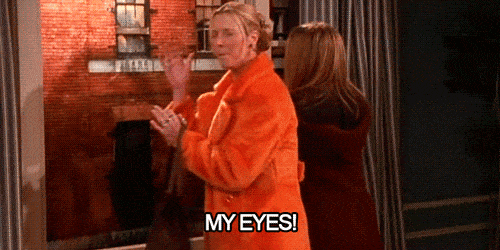
So you decided to ignore all the warnings leading up to the 2017 solar eclipse, and stared directly at the sun without wearing protective eyewear.
Chances are you read the warnings, too. Or maybe you had gotten a text from your mom reminding you not to look directly at the sun during the eclipse without protecting your eyes.
F
And right now, you might be feeling a little anxious, wondering if you actually hurt your eyes or you’ll wake up blind tomorrow.
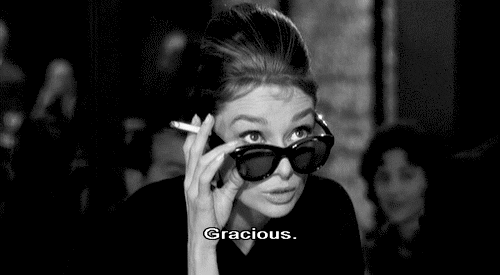
Many people who claim to have stared directly at the eclipse took to Twitter
to express their concerns. And the social media panic probably isn’t
helping if you’re legitimately concerned about your eye health.
So if you think you stared at the sun for a bit too long, here’s what you need to know about signs of potential eye damage.
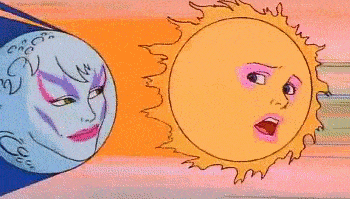
Experts warned us repeatedly that starting directly at the sun
without protective eyewear can cause eye damage and result in serious or
permanent vision loss. But how can you tell if you’ve actually injured
your eyes and which symptoms might require a trip to the doctor?
We spoke to two eye experts to find out: Dr. Joel Schuman, professor and chair of the Department of Ophthalmology at NYU Langone Medical Center, and Dr. Ranya Habash, associate professor of ophthalmology at Bascom Palmer Eye Institute and TopLine MD consultant.
First, staring directly at
the sun can damage a part of the retina — which is responsible for the
center of your vision — causing a condition called solar retinopathy..
Solar retinopathy is like a sunburn on the retina, a layer of
tissue at the back of your eye, Habash tells BuzzFeed Health. “The part
that’s damaged is the macula, the thinnest part of the retina, which
controls the sharpest, centermost part of vision,” she says, noting that
this part of the eye is also more prone to burning than the rest of it.
“It can take a few seconds or a few minutes for damage to be done
— everyone is different.”
As we previously reported,
this can cause the center of your vision to turn into a grey or black
spot, making it hard to focus on things like reading, driving, or even
just seeing the people in front of you. That said, you probably won’t go
completely blind from staring at the sun. Although the macula is very
important to our eyesight, it’s still only responsible for one part of
vision. “You won’t go completely blind from damage to the macula, since
you’d still have your peripheral vision,” Schuman tells BuzzFeed Health.
The main signs of retinal
damage to look out for are visual disturbances, such as blurriness or
loss of vision in the center, color distortion, afterimages, blindspots,
and vision loss.
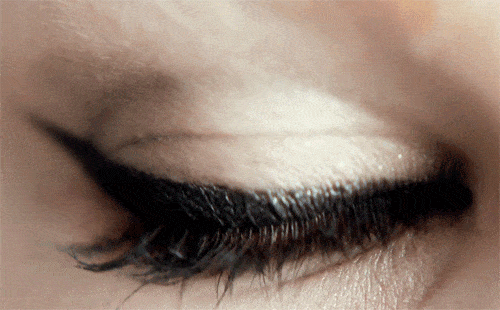
The primary signs of retinal damage are visual disturbances, and
they aren’t always associated with pain, the experts say. (More on eye
pain next.) So if everything looks kind of dark or you can’t see colors
as well, or they look different, these could be signs of retinal damage,
Habash says. Afterimages can also occur when you look at something,
then look away and still see lingering outlines of the image you saw
before, she says. In more serious instances, you might experience blind
spots or even vision loss in one or both eyes.
But if you have a headache after watching the eclipse without any vision disturbances, you’re probably fine.
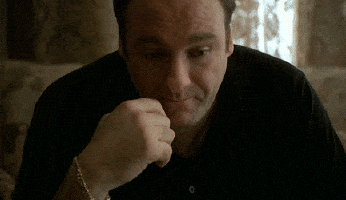
“Some people who have retinal damage may experience a headache in
the following hours, but everyone is different,” Schuman says. But many
people also don’t experience any pain or headache with retinal injury,
says Habash, and it’s more of a silent thing. So if you do have a
headache after, make sure to look out for any vision problems in the
following days just to be sure. But if after waiting there still aren’t
vision problems, then you probably just had a regular headache, and
there’s no reason to panic.
The signs of retinal damage can take hours or even days to appear, so it’s hard to tell if you’ve been injured right away
“Some people may notice symptoms immediately, but more often they take a few hours to 24 hours to appear,” says Habash.
So
even if you don’t have any visual disturbances right after staring
directly at the sun, you should be vigilant and pay attention to your
vision in the following days to see if you notice any changes.
Often, the damage is permanent. But sometimes it can improve over time.
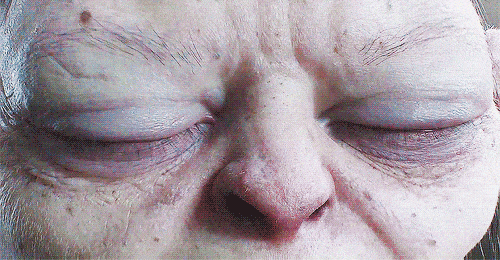
The extent of the damage will depend on how long you stared at the
sun and your own eye health. Usually once the cells in the macula are
damaged, there isn’t much doctors can do in terms of treatment, and you
could end up with permanent vision loss. “Sometimes, the vision problems
will just resolve on their own — but it can take a long time,” Habash
says.
“Depending on the type of damage and the severity, a doctor
may be able to help restore your vision by prescribing
anti-inflammatories and steroids to reduce the swelling that causes the
temporary vision problems,” Schuman says. If the damage is milder and
the retina hasn’t scarred yet, then he says your doctor might be able to
improve or restore your vision faster than it would healing on its own.
The only way to know if
you’ve damaged your retina is to get examined by an eye doctor. So if
you experience any of these symptoms, go get checked out.
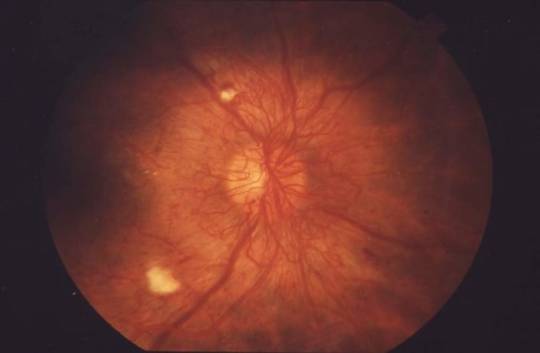
An ophthalmologist or other eye care specialist will have the right
tools to examine your eyes and check for any signs of retinal damage,
then assess the severity of the damage and treat you as needed. “If you
just glanced up for a second or two during the eclipse, chances are you
probably haven’t done damage — but everyone is different, so there’s no
way to say for sure,” Schuman says. Besides, it never hurts to check and
your vision is pretty important.
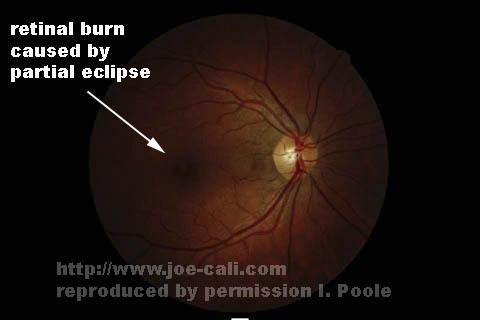
And now you know to be EXTRA prepared
for the 2024 solar eclipse, right?
for the 2024 solar eclipse, right?
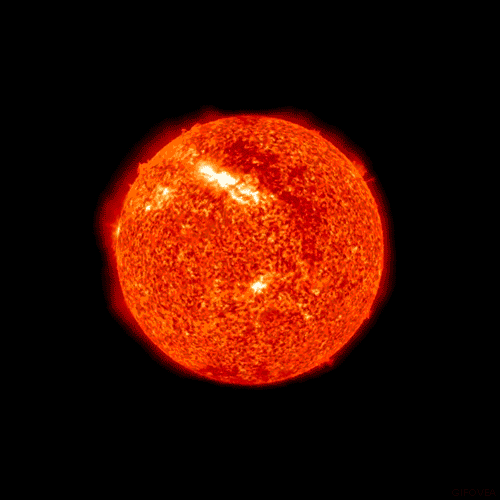



No comments:
Post a Comment